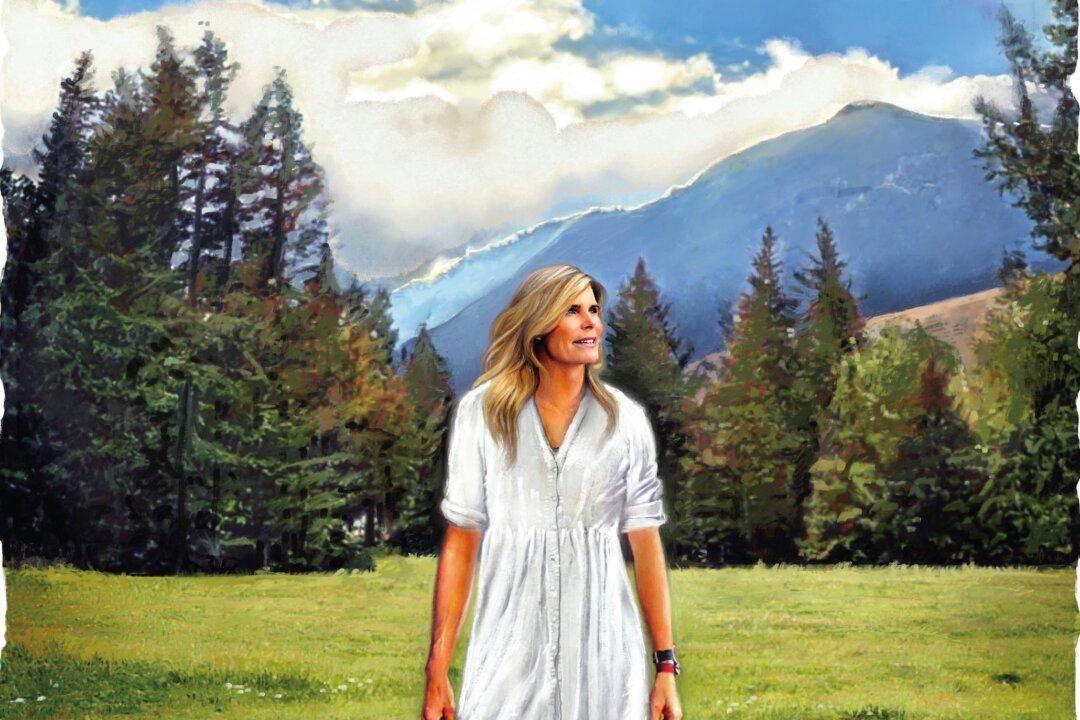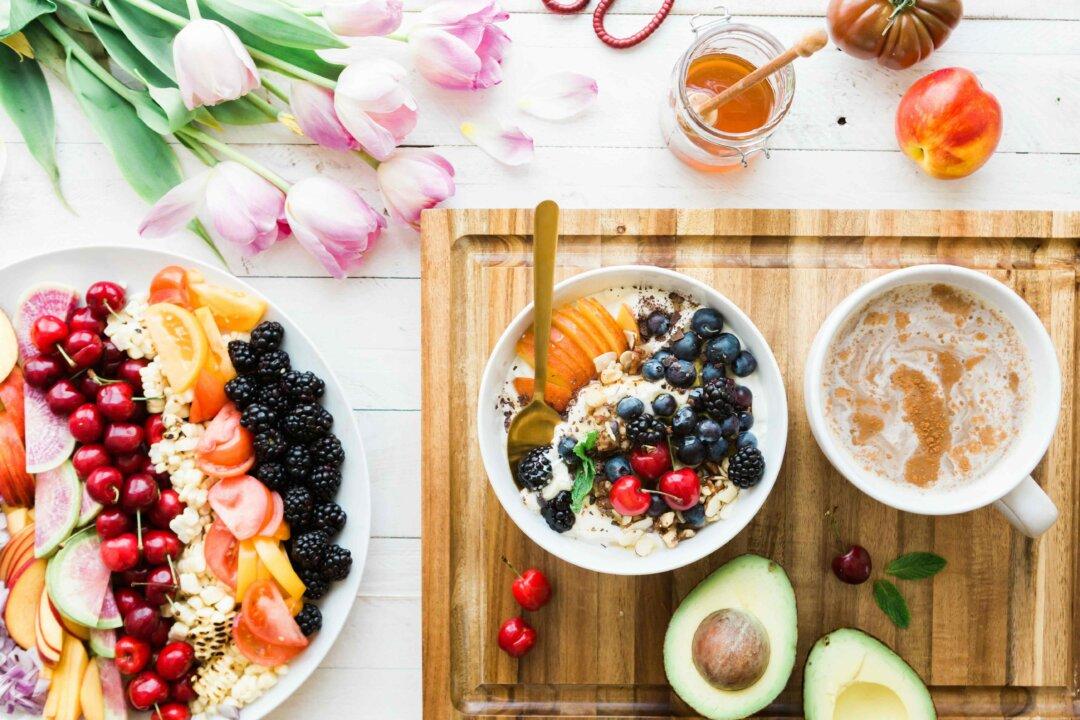Mariel Hemingway was born four months after her famous grandfather, Ernest Hemingway, committed suicide with a shotgun. Growing up in a family blessed with creative passion and shadowed by mental health crises was a balancing act if ever there was one.
“There have been seven suicides in my family. While it is amazing to be Ernest Hemingway’s granddaughter, there were moments when I thought, ‘Oh no. Does this mean I’m next?’” Hemingway said.





